I don’t mean to be a complainer, but is it too much to ask for just something about 2020 to be normal? After the coolest start to summer since 2002, we’ve finally turned a corner into a good stretch of sunny, warm weather. But with so much cool, damp weather to start the season, some aspects of gardening have proven challenging and may require extra attention on your part. As you work around the yard, here are a few tips to keep your garden going strong.
First, the damp weather we’ve had for much of the last couple of months has made growing beautiful petunias a struggle for even the most experienced gardeners. Just when the flowers start to hit full bloom, another shot of rain spoils them and sets the plants back for a week or more. Hopefully, the showery weather is now done until autumn, so continue to fertilize and water regularly, and use an iron-rich fertilizer like Jack’s Classic Petunia Feed to keep your plants growing strong. Alternating weekly with Jack’s Classic 10-30-20 Blossom Booster will also help encourage continued flowering.
Second, as if the rain wasn’t enough to keep your petunias from looking their best, budworm season has begun, and these hungry caterpillars can work seemingly overnight to eat the flowers and buds off petunias, geraniums and calibrachoa. But hey, it’s 2020, so let’s count our blessings—at least budworms haven’t started attacking people! To kill budworms and allow your plants to continue to bloom, spray with Captain Jack’s Deadbug Brew or B.T., both of which are effective options. I typically spray once in July and once more in mid-August to keep my pots and hanging baskets free from budworm damage.
Third, last month I wrote about dealing with fungus issues, and with continued damp weather, fungus problems have persisted. Keep a close eye out for powdery mildew, watching for a gray dusty film covering leaves of roses, maples, zinnias or even the aforementioned petunias (really, they usually are easy to grow!). Thankfully, powdery mildew can easily be controlled when caught early—many common plant fungicides are effective, and I especially like neem oil for both mildew control and for killing aphids.
Fourth, on a more positive note, one benefit of the cool weather we’ve had for much of the summer is how lush everything has stayed, even with minimal watering. If you’ve struggled in recent years to keep your lawn green through summer heat, or even had trouble with it recovering at all in the fall, that likely won’t be a problem this year. In fact, if reseeding your lawn is a project on your late summer or fall to-do list, it’s a great time to do so even now. While July’s long days and warm weather are great for getting grass seed started, keeping enough water on the grass seed or newly-sprouted turf can typically be a challenge, but not this year! So don’t be afraid to tackle that reseeding project—you’ll be amazed at how quickly it will get established. Just remember that in the absence of rain, you’ll need to water regularly until your grass is established.
Similarly, gardens have loved the regular rains. With the notable exception of peppers—which, frankly, even in a normal summer need all the extra heat they can get in our corner of the world—most other vegetables are growing like crazy. If this is your first year growing a garden and it hasn’t taken off like you’d hoped, you may need to fertilize. Even if you added compost at the beginning of the season, if your plants are small or yellowing, they may need additional fertilizer. Sprinkle some organic granular fertilizer around your plants and water it in to help green up your crops and encourage production.
With sun finally dominating the forecast, our beautiful Pacific Northwest summer has finally arrived. Enjoy the warm days and time spent in the garden!


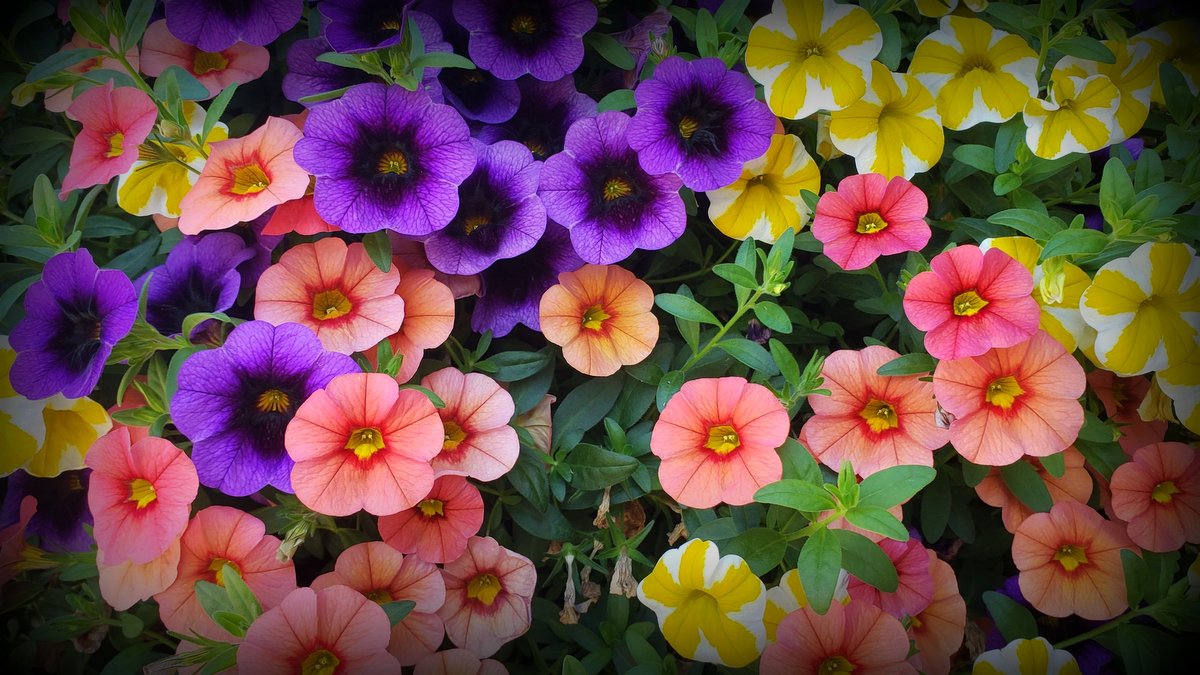
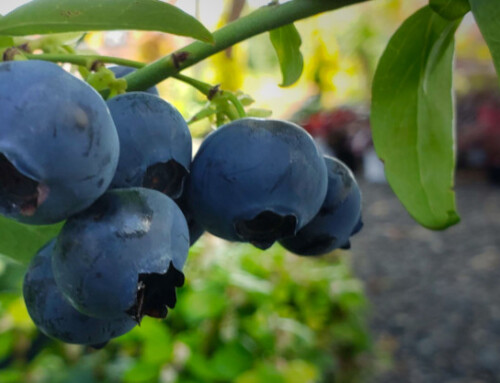
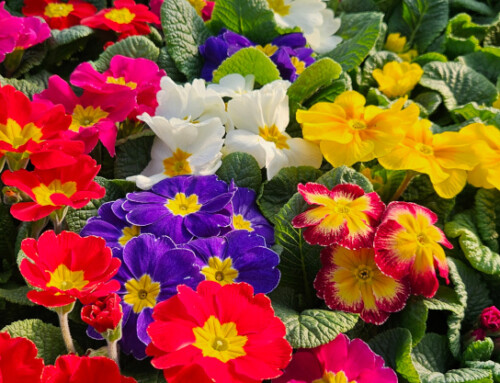
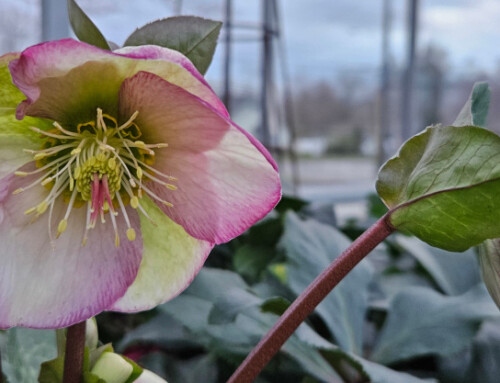
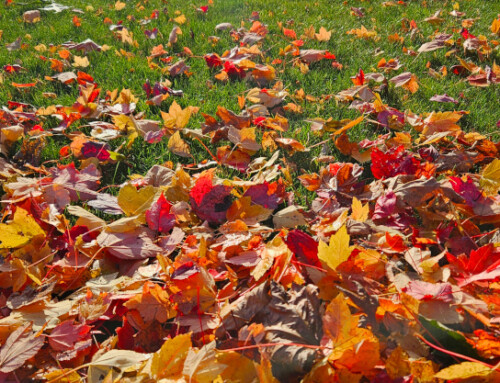
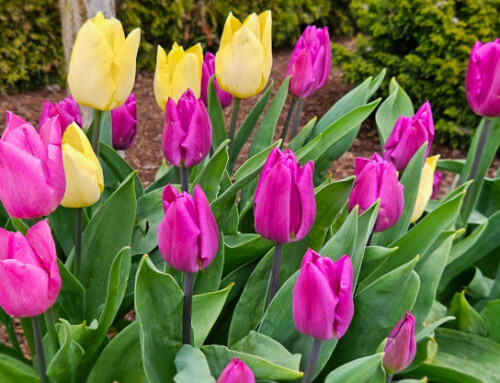
Leave A Comment